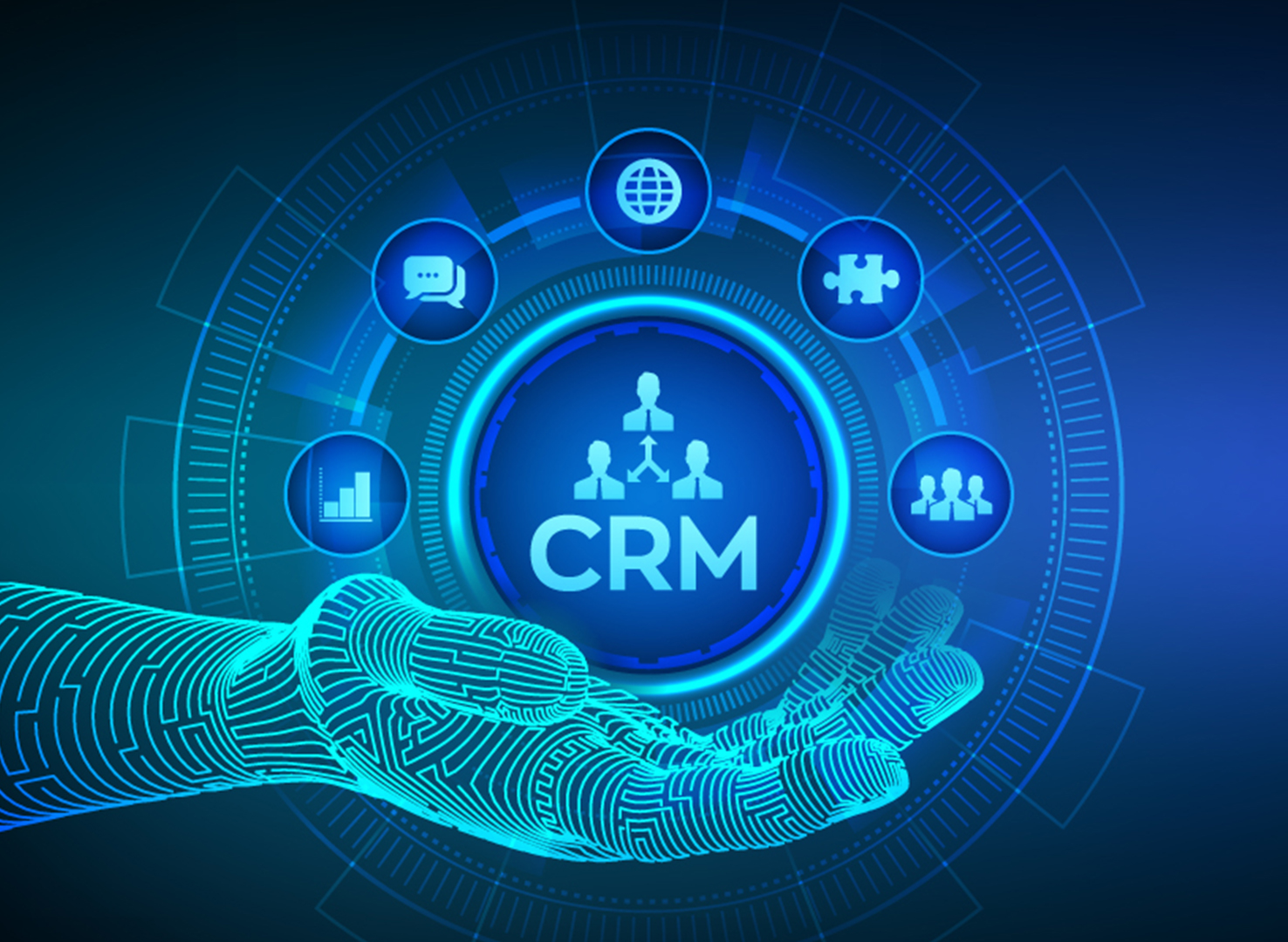Enhancing Accomplishment: The Process of Customer Relationship Management Software Transforms Interactions
Within the current fast-paced business world, nurturing strong relationships with customers is significantly important nowadays. Organizations are continuously pursuing creative methods to improve interactions and offer tailored services. Here is where Customer Relationship Management tools plays a crucial role, serving as an essential resource that enables businesses to manage interactions and data during the client journey. Through consolidating data and automating workflows, CRM systems help companies streamline efforts and develop stronger connections with the clients.
The advantages of implementing CRM system extend far beyond merely improving the service experience. It allows teams to gain insight into customer preferences, monitor sales metrics, and oversee marketing campaigns efficiently. Armed with the ability to analyze information and gain insights, organizations can take educated decisions that drive expansion and enhance the customer experience. In today's market in which building connections is vital to success, CRM software is recognized as a key resource for every business aiming to excel in the cutthroat landscape.
Benefits of Customer Relationship Management Software
CRM applications improves organizational productivity by consolidating client data in a single accessible place. This not just streamlines communication among employees but also ensures that all users has a uniform view of customer interactions. By streamlining different tasks, including callbacks and input, salespeople can concentrate further on building connections and less on admin tasks.
An additional significant benefit of Customer Relationship Management software is the improved client experience it provides. With comprehensive insights into client likes and behaviors, businesses can customize their methods to meet individual requirements. This personalized approach fosters commitment and contentment, resulting in long-term client relationships that are advantageous for both parties.
Moreover, Customer Relationship Management software provides valuable analytics and reporting features that help businesses generate informed choices. By tracking metrics such as sales performance and customer engagement, businesses can identify patterns and opportunities for enhancement. This evidence-based approach empowers organizations to improve their plans, boost their marketing efforts, and finally drive expansion.
Key Features to Look For
When selecting CRM software, it is crucial to focus on user-friendliness. A clean, intuitive interface enables team members to use the system with simplicity, reducing the learning curve and promoting quick adoption. A system that includes customizable dashboards can improve user experience by allowing individuals to focus on the metrics and data most relevant to their roles. This customization fosters engagement and guarantees that users remain effective without frustration.
The ability to integrate are a further important aspect to keep in mind. The best CRM systems effortlessly integrate with various tools that businesses already utilize, such as email platforms, social media, and marketing automation tools. This interconnectedness ensures that data moves smoothly between systems, providing a holistic view of customer interactions and reducing data silos. Ultimately, a CRM that enhances collaboration across platforms will streamline operations and improve overall efficiency.
Finally, robust analytics and reporting capabilities are essential for informed decision-making. A CRM system that offers advanced analytical tools allows businesses to track customer behaviors, sales trends, and campaign performance. By using real-time data, organizations can identify chances for growth, tailor marketing strategies, and enhance customer engagement. The ability to generate detailed reports quickly makes it simpler for teams to strategize and measure the effectiveness of their initiatives.
Examples of CRM Success
One remarkable case study is that of a retail company that implemented CRM software to boost customer engagement. Prior to adopting the system, the company had difficulties with fragmented customer data, leading to lost sales opportunities and diminished customer satisfaction. By utilizing CRM software, they consolidated their customer information, allowing their sales team to access thorough profiles and interaction history. As a result, they saw a 30% increase in sales conversions and a notable boost in customer loyalty.
Another example involves a B2B service provider that utilized CRM software to enhance its sales process. The company had difficulties managing leads and tracking client interactions, which often resulted in missed follow-ups and stalled deals. Upon implementing crm training , they were able to simplify lead tracking and create reminders for follow-ups. This boosted organization led to a 40 percent reduction in response times to client inquiries and an rise in client retention rates, effectively transforming their sales strategy.
Lastly, a nonprofit organization used CRM software to improve donor relations and fundraising efforts. Previously, maintaining relationships with donors was problematic due to fragmented data across different platforms. By adopting a comprehensive CRM system, they gained understanding into donor preferences and behavior. With this information, the organization tailored communication and tailored campaigns, leading to a notable increase in individual donations and higher engagement in fundraising events, thus significantly boosting their overall mission impact.
